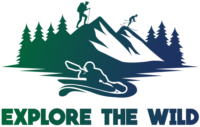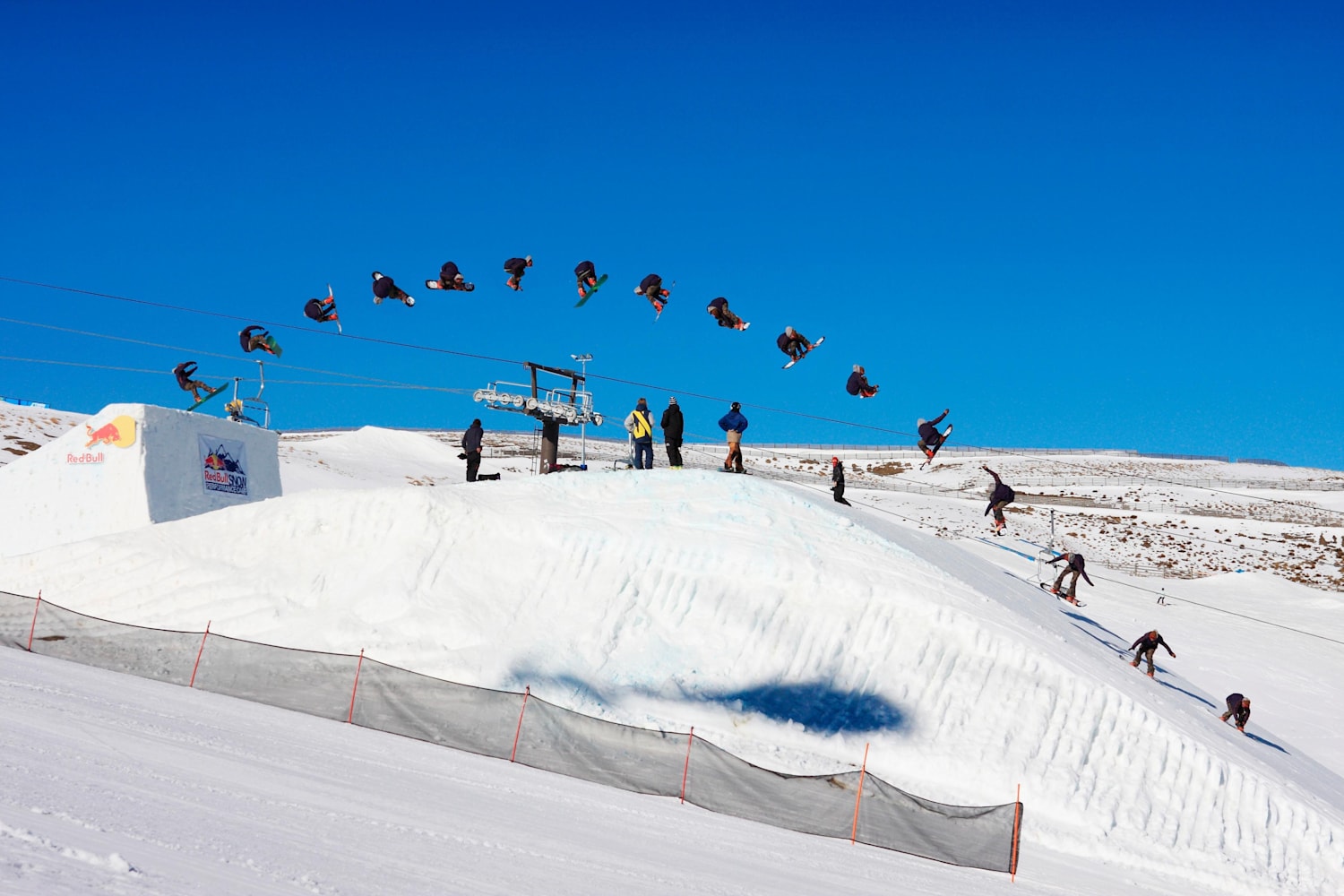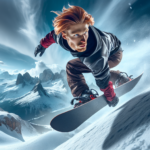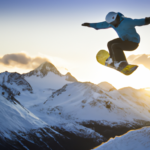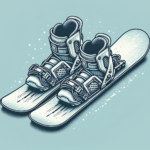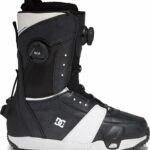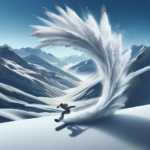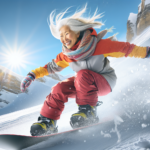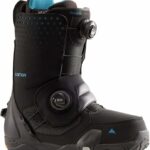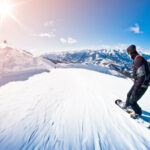From the chilly peak of your first hill to the thrill of shredding on breathtaking alpine landscapes, the journey to becoming a professional snowboarder is exhilarating and filled with challenges. This comprehensive guide on “How To Become A Professional Snowboarder?” will walk you through every step of the way, providing you with invaluable insights. Be prepared for the ride of your life – one that involves rigorous training, mastering your techniques, and embracing a lifestyle defined by dedication and the pure love for this highly thrilling sport. So, tighten your snowboard bindings and gear up for a spectacular ride into the snowboarding world!
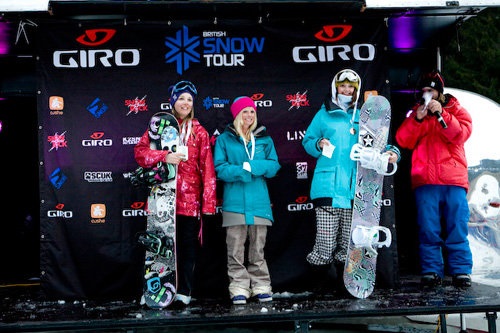
Understand the Sport of Snowboarding
Before you delve into the thrilling and exciting world of snowboarding, it’s essential you have a solid understanding of this exhilarating winter sport. Snowboarding is more than a recreational activity or a means of transportation, it’s a lifestyle embraced by many and a competitive sport enjoyed globally.
Basics of Snowboarding
In essence, snowboarding involves descending a snow-covered slope while standing on a snowboard attached to a rider’s feet. Imagine the board as a large surfboard or skateboard that glides smoothly on snow. It requires balance, speed control, and agility. The thrill comes from the different terrains you encounter and the actions you take, like carving turns, jumping, and performing tricks.
Rules and Regulations
Snowboarding has specific rules and regulations, just like any other sport. These are particularly pertinent if you’re participating in competitions. The basic rules include no pushing, shoving, or otherwise causing harm to other riders, maintaining control and responsibility, and not stopping in areas where you’re not easily visible to those uphill of you.
Popular Styles and Techniques
There are various styles and techniques in snowboarding, determined by factors like slope conditions, snow quality, and of course, personal preference. Popular styles include freeride (unstructured riding on natural terrain), freestyle (performing tricks using manmade features like rails, boxes, and jumps), and alpine (speed-focused, downhill racing).
Required Skills and Fitness Level
Snowboarding demands more than just courage and excitement. It requires a high level of physical fitness and specific skills.
Physical Fitness Requirements
To snowboard effectively, you need good cardiovascular fitness, muscular strength, flexibility, and balance. Lower body strength is particularly important for maintaining a secure stance, while upper body strength helps control your movements and stabilize you during your ride.
Basic Snowboarding Skills
These include body positioning, turning, carving, stopping, and perhaps most importantly, falling safely. It’s essential to learn how to fall without injuring yourself, given that falling is an integral part of learning the sport.
Advanced Snowboarding Techniques
Advanced skills encompass the ability to ride in varying snow conditions and terrains, performing jumps and tricks, and mastering efficient racing techniques. It’s not about snowboarding faster, but rather about snowboarding smarter.
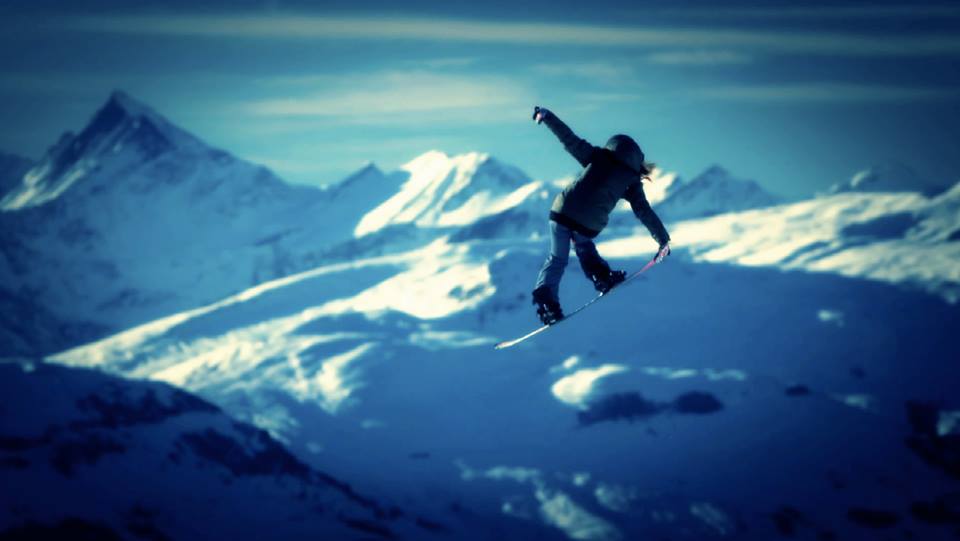
Getting Started in Snowboarding
So, you want to get started in snowboarding? That’s great! Here are some ways to get started right.
Choosing the Right Gear
Proper equipment is essential for snowboarding. This includes a suitable snowboard, boots that fit well, sturdy bindings, and the right outerwear. Don’t forget, safety gear such as helmets and goggles is not optional – it’s a must.
Finding a Local Snowboarding Club
A local snowboarding club could be your ticket to meeting like-minded people, learning from experienced riders, and getting some practical tips. They may also offer group trips, educational sessions, and other activities that can complement your snowboarding journey.
Learning from Professional Snowboarding Instructors
A qualified snowboarding instructor can teach you the basics and help you hone your skills. They can provide valuable feedback, correct your mistakes, and give you the confidence to tackle more challenging slopes.
Improving Your Snowboarding Skills
Playing any sport, including snowboarding, is all about continuous improvement. Let’s see how you can excel in this sport.
Practicing Regularly
To become a better snowboarder, you need to snowboard – a lot. Regular practice helps improve your balance, increase your speed, and refine your techniques.
Specialized Snowboarding Training Sessions
Participate in specialized training sessions focusing on specific aspects of the sport, such as carving, freestyling, or off-piste riding. You could join a snowboarding camp or hire a private coach for personalized instruction.
Learning from Other Snowboarders
Observing and learning from other riders, especially those who are at a higher skill level, can be incredibly beneficial. See how they tackle slopes, how they perform tricks, and how they handle different snow conditions.
Participicing in Amateur Competitions
Participating in competitions is an excellent way to test your skills, gain experience, and understand the competitive aspect of snowboarding.
Finding Local Snowboarding Competitions
Start by looking for local snowboarding competitions. These events allow you to gain valuable experience in a less intimidating environment compared to national or international contests.
Preparing for a Snowboarding Competition
Effective preparation for a competition includes consistent practice, maintaining good physical fitness, familiarizing yourself with the competition rules, and mentally preparing for the pressures of a competitive environment.
Learning from Competition Experience
Every competition, win or lose, offers a valuable learning experience. Reflect on your performance, learn from your mistakes, and use these insights to improve your future rides.
Pursuing Professional Snowboarding Training
Once you’ve mastered the basics and honed your skills, it’s time to consider professional training, especially if you have ambitions to compete at a higher level.
Available Professional Training Programs
There are several snowboarding training programs available, designed to help riders refine their skills, learn advanced techniques, and prepare for professional competitions. The right program typically includes both on-snow training and strength and conditioning sessions.
Choosing the Right Training Program
The choice of program ultimately depends on your goals, preferences, and budget. Consider aspects such as the qualifications of the trainers, the focus areas of the program, and the success of previous participants.
Maximizing Your Training Experience
To make the most of your training program, maintain a positive attitude, embrace the learning experience, stay committed, ask questions, and apply what you’ve learned during your practice sessions.
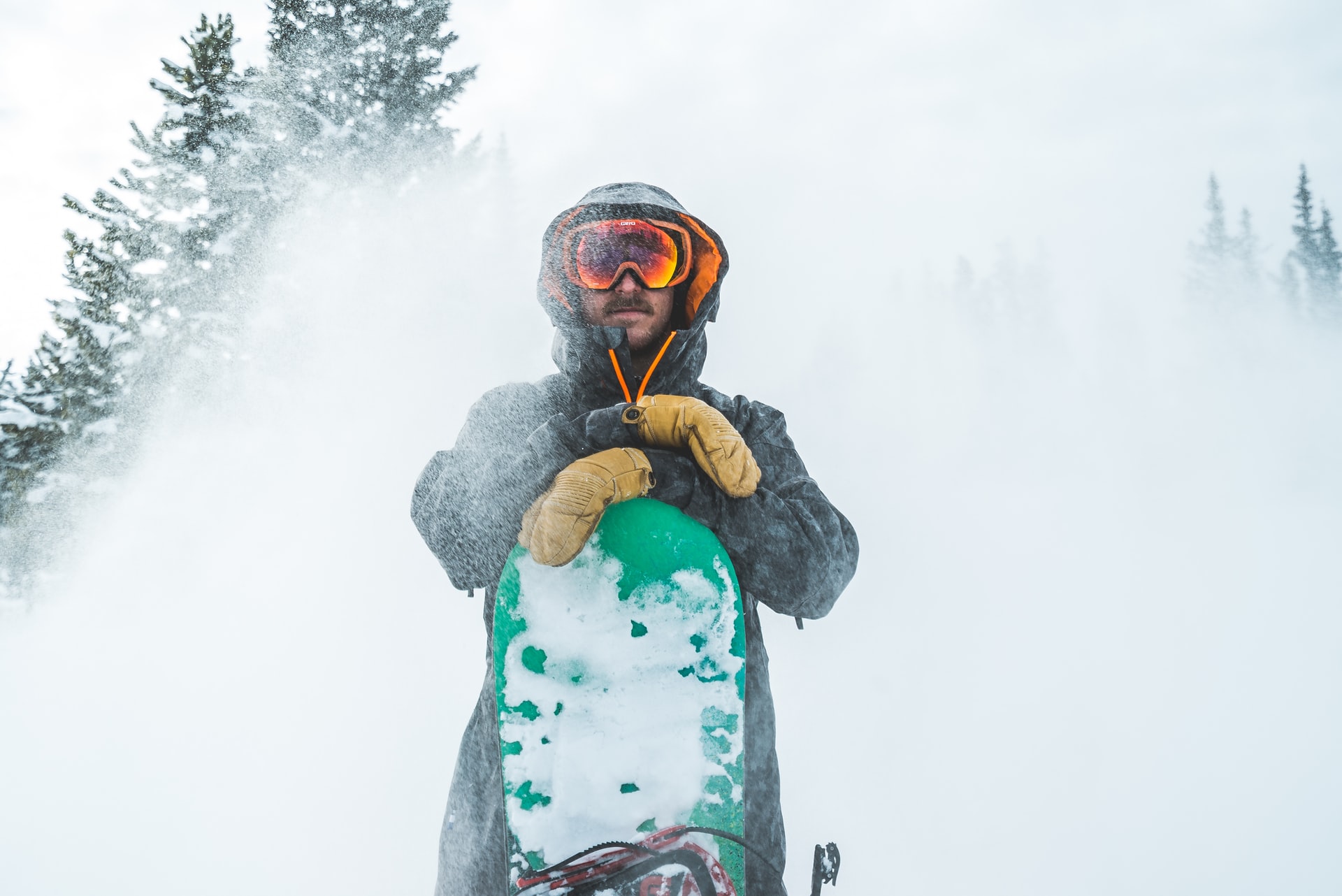
Gaining Experience and Recognition
As you progress in your snowboarding journey, it’s time to start gaining experience and making a name for yourself.
Participating in National and International Competitions
National and International competitions expose you to various snowboarding styles, cultures, terrains, and the opportunity to learn from some of the most skilled athletes in the sport.
Building a Strong Snowboarding Portfolio
Sport a portfolio of your best rides, tricks, and competition performances. It will serve as a testament to your skills and experience, which can be beneficial for sponsorships and professional opportunities.
Networking within the Snowboarding Community
Grow your network within the snowboarding community. Attend industry events, join online forums and social media groups related to snowboarding. This could open doors to new opportunities, partnerships and generate supportive relationships with other athletes.
Becoming a Sponsored Athlete
Securing a sponsorship can help financially support your snowboarding career and provide exposure and credibility in the snowboarding community.
Understanding How Sponsorships Work
Typically, sponsors provide financial or material support in exchange for exposure and endorsement. The sponsor’s brand might appear on your gear or clothing, and you may be required to participate in their promotional events or advertising campaigns.
Approaching Potential Sponsors
Start by creating a compelling proposal that highlights your snowboarding skills, achievements, and potential. Be confident, professional, and remember to convey what you can offer to the sponsor too.
Maintaining Relationships with Sponsors
Once you get a sponsorship, it’s crucial to maintain a good relationship with your sponsors. Ensure that you meet your agreed obligations and maintain regular communication. Remember, sponsors can open doors to industry opportunities and valuable lessons you can learn from.
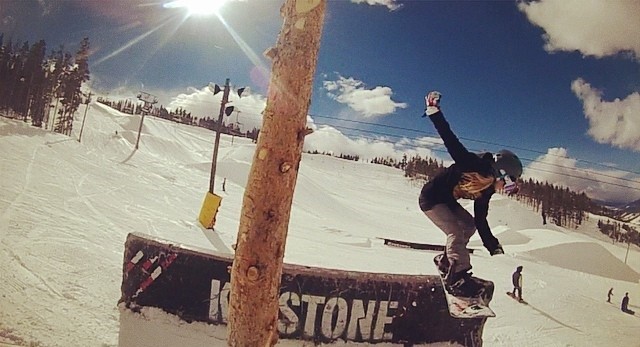
Dealing with Challenges and Setbacks
Some hurdles are inevitable in your snowboarding journey. Here are some pieces of advice to help you deal with them.
Coping with Injuries
Injuries, sadly, are part of the snowboarding experience. The most important thing is to take the time to heal correctly. Rushing back on the board before you’re fully recovered could lead to more severe problems down the line.
Handling Performance Pressure
Managing pressures, especially during competitions, can be daunting, but with practice, you can learn to handle these situations. Remember, it’s just as much a mental game as it is a physical one.
Learning from Failures and Criticisms
Every stumble is an opportunity for growth. Appreciate the feedback, learn from your mistakes, and use them to better your snowboarding skills.
Staying Up-to-Date and Continual Learning
Regardless of your snowboarding level, there’s always room for improvement!
Keeping up with Latest Snowboarding Trends and Techniques
Stay up-to-date with the latest gear, riding techniques, and trends in the snowboarding community. New techniques, tricks, and equipment upgrades can offer substantial improvements to your rides.
Continual Skill Upgrade and Learning
Continual learning is key to progression in snowboarding. Perhaps it’s time to master a new style, a new trick, or tackle a new terrain. Whatever it is, strive to learn something new every season.
Familiarizing with Changes in Rules and Competition Formats
Competitions often introduce new rules and formats from time to time. Make sure you’re familiar with the latest changes to avoid any surprises on the competition day.
And there you have it – your comprehensive guide to becoming a professional snowboarder! Remember, mastering snowboarding not only demands physical skill but passion, perseverance, and a love for the sport. Embrace the journey, enjoy each ride, and you may just find yourself standing on the podium one day. Happy snowboarding!
- What Snowboard Bindings Should I Get? - January 23, 2024
- What Size Screws For Snowboard Bindings? - January 23, 2024
- How To Snowmobile On Water? - January 23, 2024
